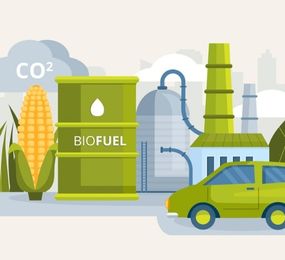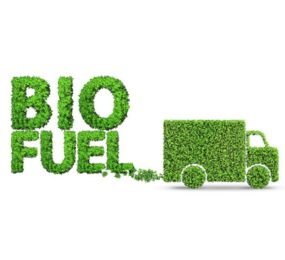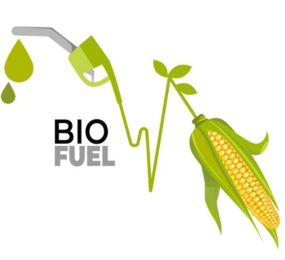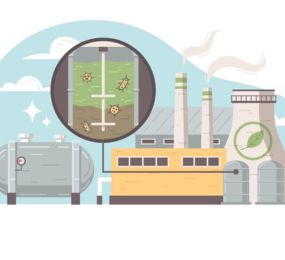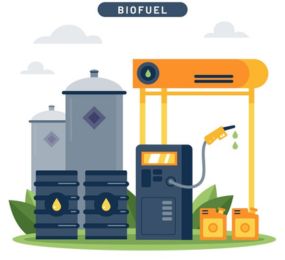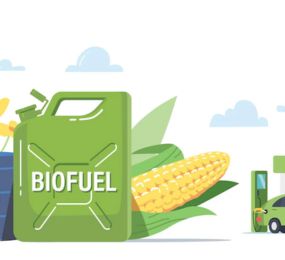Biofuels, as renewable alternatives to traditional fossil fuels, exhibit unique characteristics that differentiate them in the energy landscape. Comprehending these traits is crucial for understanding their impact on the environment and their role in sustainable energy solutions.
1. Composition: Biofuels, derived from organic materials such as plants, algae, or waste, possess a diverse composition. From bioethanol produced through fermentation to biodiesel extracted from vegetable oils, their makeup varies, influencing their efficiency and environmental attributes.
2. Environmental Impact: Analyzing the environmental impact of biofuels involves assessing factors like greenhouse gas emissions, land use, and biodiversity. Different biofuels contribute to sustainability in varying degrees, with advanced biofuels often showcasing lower carbon footprints compared to conventional counterparts.
3. Analytical Methods: Rigorous analysis is essential for evaluating the quality and efficiency of biofuels. Various techniques, including chromatography, spectroscopy, and mass spectrometry, are employed to assess parameters like fuel composition, impurities, and combustion characteristics.
Understanding the characteristics and analyzing the intricacies of biofuels is integral to maximizing their potential as a renewable energy source. This knowledge not only informs sustainable energy practices but also shapes the ongoing advancements in biofuel technology, contributing to a cleaner and greener energy future.
To register or learn more about the Forum please check here: https://bit.ly/3JyelAm
For more information and group participation, contact us: [email protected]



